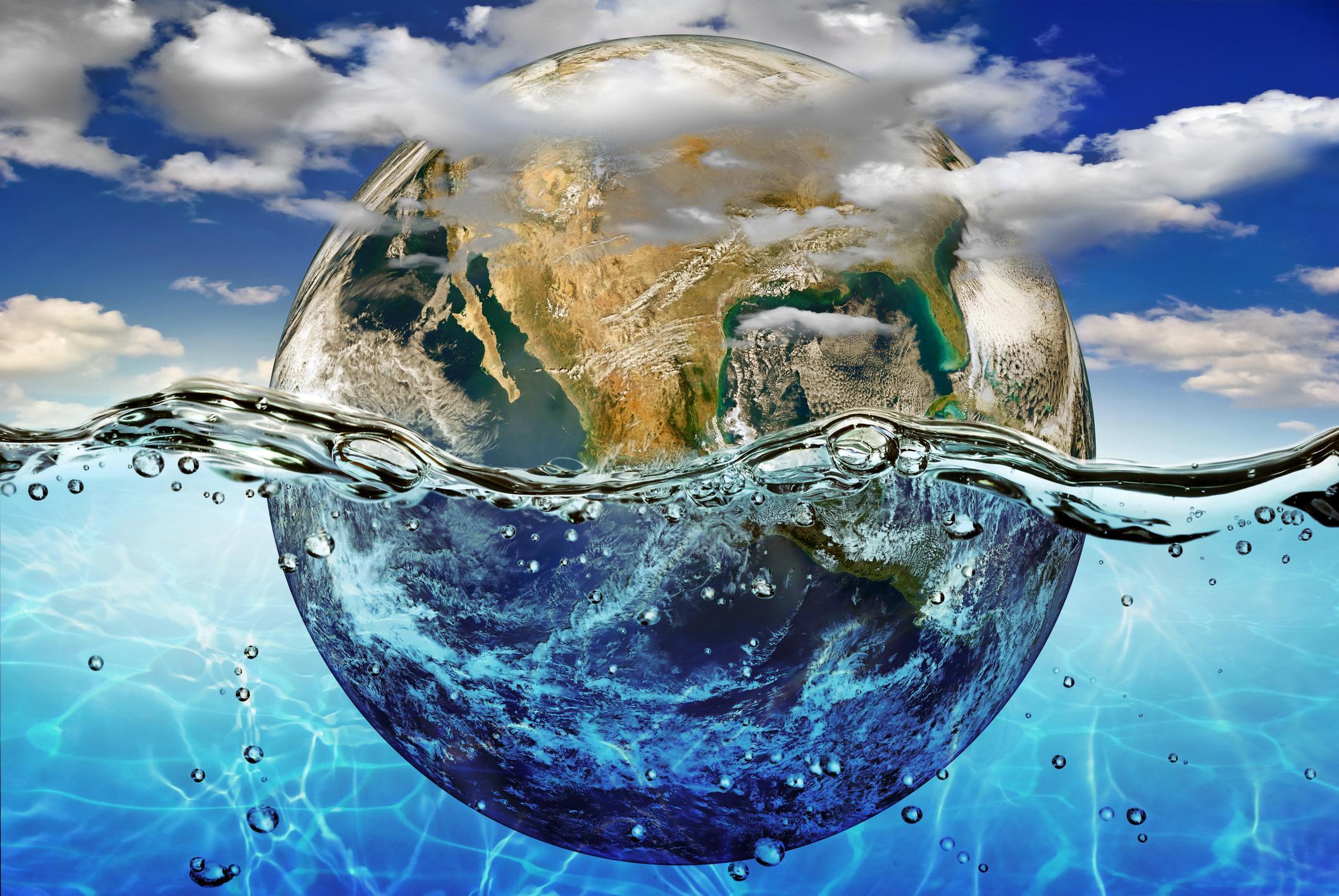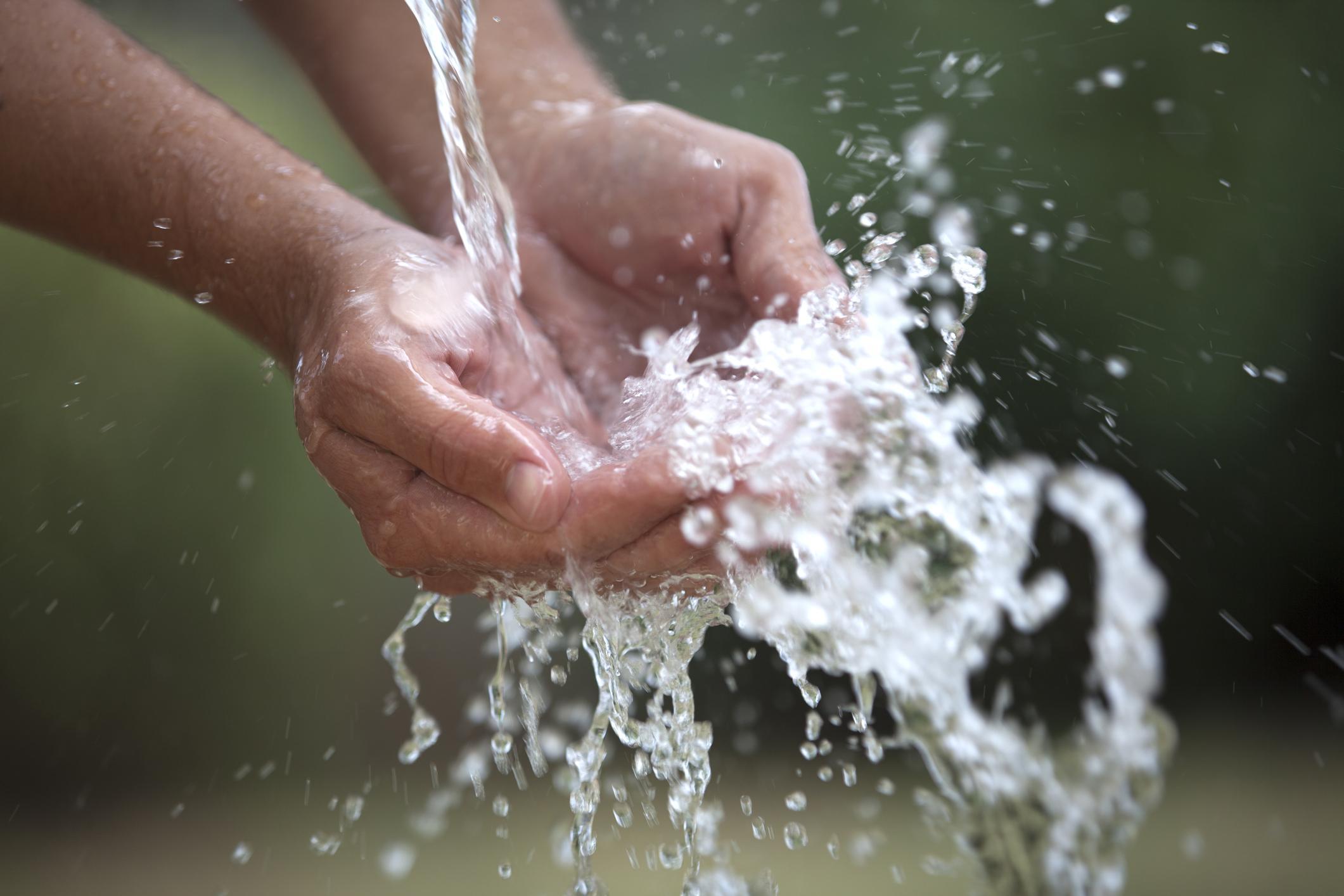When Is World Water Day Celebrated?

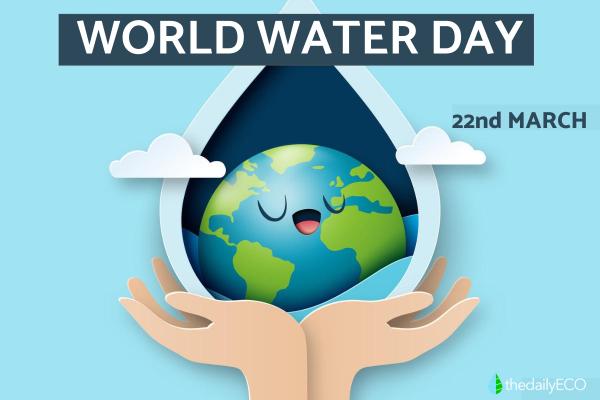
Every year, World Water Day is celebrated on 22nd March. This event was established by the United Nations in 1993 to raise awareness about the importance of safe water for world communities. While many of us take access to safe drinking water for granted, this essential resource for life is not available to everyone in the same way. It is not only human communities which require water, but every natural ecosystem requires it to function. Even small changes to water quality can drastically affect an ecosystem and even threaten their survival.
At thedailyECO, we have found out when is World Water Day celebrated? We discover more about its origins and the intended purpose of the event, as well as why water is so important it requires its own day.
When is World Water Day celebrated?
World Water Day is celebrated on March 22 of each year, a date established in 1993 by the United Nations (UN). It is not a national day of celebration, but a global awareness campaign that aims to be celebrated in all countries worldwide. We explain more about the impetus for establishing World Water Day and how its celebration can help improve how this resource is treated on a global scale.
Origin of World Water Day
The origin of World Water Day dates back to the 1992 United Nations Conference on Environment and Development. Known as the Earth Summit or Rio Conference, it was held in the city of Rio de Janeiro, Brazil. During this conference, it was recognized that fresh water is a limited and essential resource for life. A call to action was issued to address water-related issues.
In response to this call to action, the UN established World Water Day in 1993 to raise awareness of the importance of freshwater and the need to manage this resource sustainably. Unfortunately, this was necessitated by a global water crisis which continues to this day. Specifically, it seeks to take measures to address this crisis in support of the Sustainable Development Goal (SDG) No. 6: water and sanitation for all by 2030[1].
Since then, World Water Day has become an extremely important annual event to highlight the need to protect and manage this vital resource. Learn more about the importance of water by looking at our guide to different aquatic ecosystems.
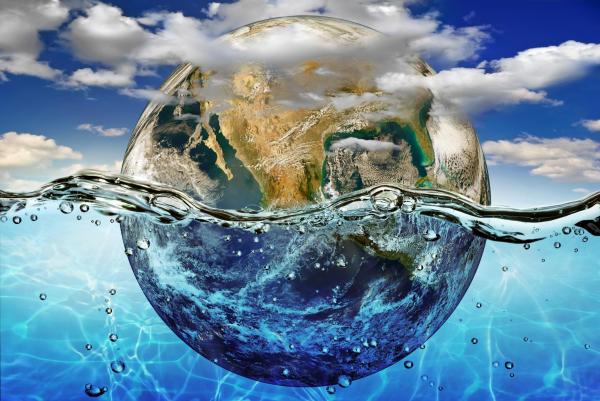
How is World Water Day celebrated?
The theme of World Water Day varies from year to year. This is so that it can focus on different aspects of freshwater management. For example, the 2020 World Water Day theme was Water and Climate Change, in 2021 the theme was Valuing Water and in 2022 it was Groundwater - Making the Invisible Visible. In 2023, the theme is titled Accelerating Change[1].
World Water Day is celebrated around the world through a variety of activities and events, including:
- Conferences and seminars: water experts and world leaders come together to discuss issues related to freshwater management and share ideas and solutions. A UN Water Conference will take place in New York City in the United States from March 22-24, bringing together stakeholders from all sectors, building momentum to advance water-related challenges.
- Community events: communities organize local events to raise awareness of the importance of freshwater and encourage action to protect and manage this finite resource. It stresses the importance of showing that everyone is able to contribute to how we manage and consume water, especially when working together.
- Educational activities: schools and universities organize educational activities to teach students about freshwater and the importance of its sustainable management.
- Online campaigns: social networks and other online channels are used to raise awareness and spread information about the importance of this day. The UN provides material which can be downloaded on the web in different languages to share with various communities.
Discover the importance of water in natural ecosystems by looking at our guide on what are marshes?
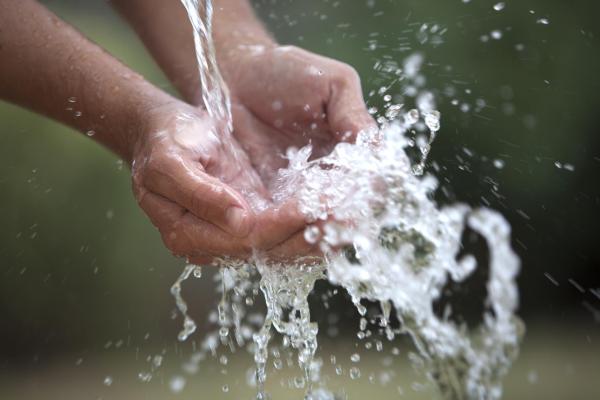
The importance of water
Water is an essential resource. Without it, life as we know it would cease to exist. Essentially no water means no life. We can see this by the fact human beings are made up of mostly water. For babies, this amount is around 75%, but it drops to 55-60% in adult humans. Some marine animals can have a body mass which is made of up to 95% water.
Water is an essential element for all living organisms. The water cycle is essential to regulate environmental conditions. This can be seen in temperature regulation since water has a very high heat absorption capacity. It also modifies the morphology, structure and composition of ecosystems through erosion, transport and accumulation of sediments. In doing so, it means these different types of ecosystems are more stable.
The benefits water provides to ecosystems are imperative for human populations. We use it in agriculture for food production, it can generate electricity as a source of renewable energy and we drink it to allow our organisms to survive. Access to clean drinking water and water for sanitation is a human right. Unfortunately, not everyone in the world has the same access to water. One in four people do not have access to safe drinking water and almost half lack safe water sanitation services.
Earth is facing a water crisis, especially in terms of water management. The crisis especially impacts the natural environment, as well as vulnerable low-income populations. Factors which affect this water crisis include:
- Pollution
- Uneven distribution
- Overexploitation of resources
- Government corruption
- Climate change
- Lack of industrial responsibility
There are many more issues affecting poor water management and accessibility of clean water. Events like World Water Day are established by bodies such as the United Nations to both set out what improvements are required, as well as what we can do to make changes.
It is also important to know how the action we take can affect communities on a macro level. By stabilizing resources such as water in low-income nations, we can better address issues relating to gender equality, social inclusion and the creation of sustainable jobs. Similarly, it is an essential component for successful mitigation and adaptation strategies to combat climate change and ensure the availability of water for future generations.
Not all water needs to be potable for humans, as different aquatic environments serve their biodiversity in various ways. Learn more about how water affects ecosystems by finding out what is brackish water?
If you want to read similar articles to When Is World Water Day Celebrated?, we recommend you visit our Environment (other) category.
1. United Nations. (2022). Goal 6: Ensure access to water and sanitation for all. Retrieved from:
https://www.un.org/sustainabledevelopment/water-and-sanitation/
- United Nations. UN Conference on Water 2023. Retrieved from: https://www.worldwaterday.org/






